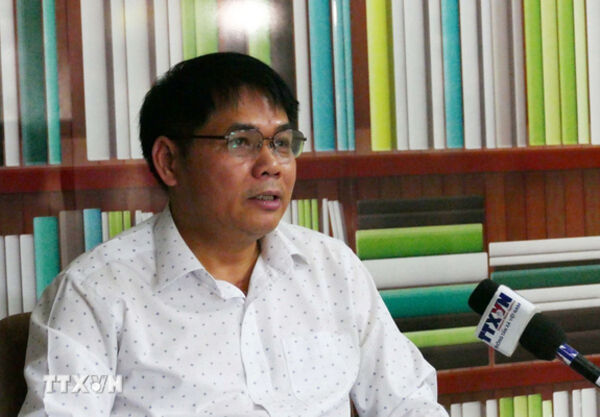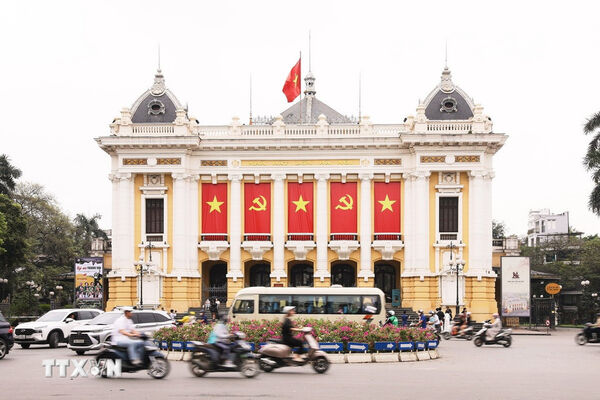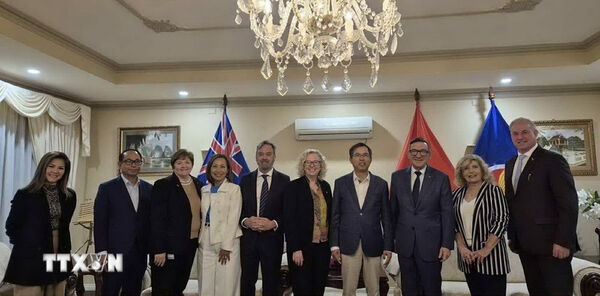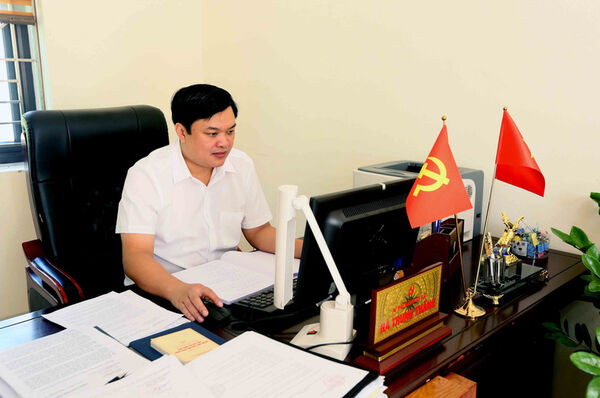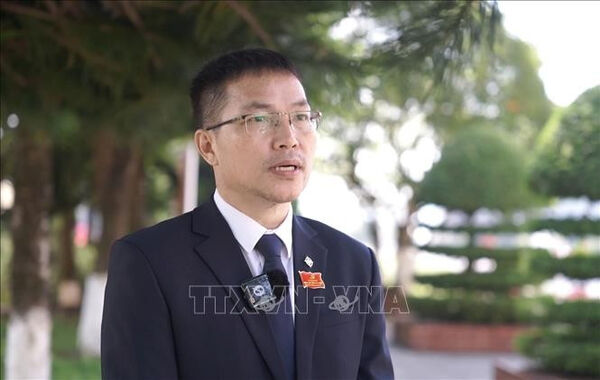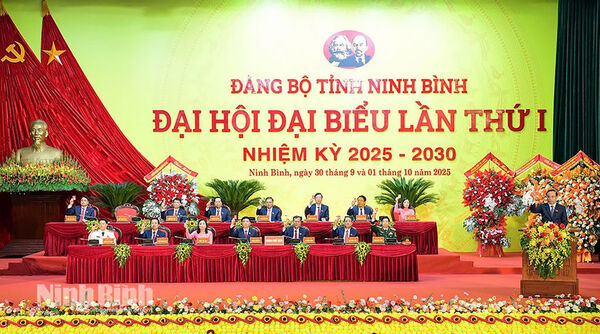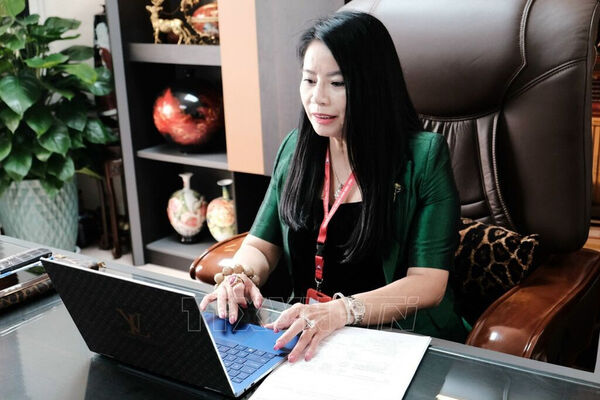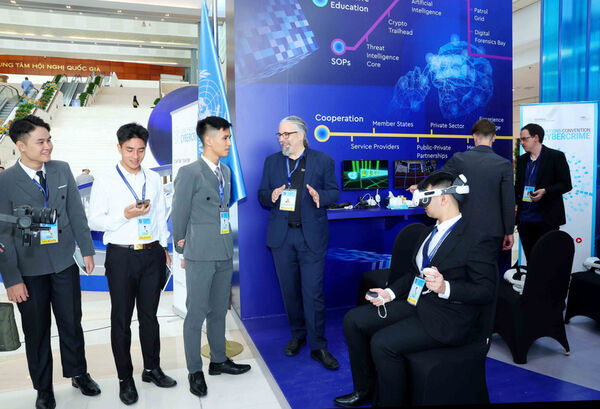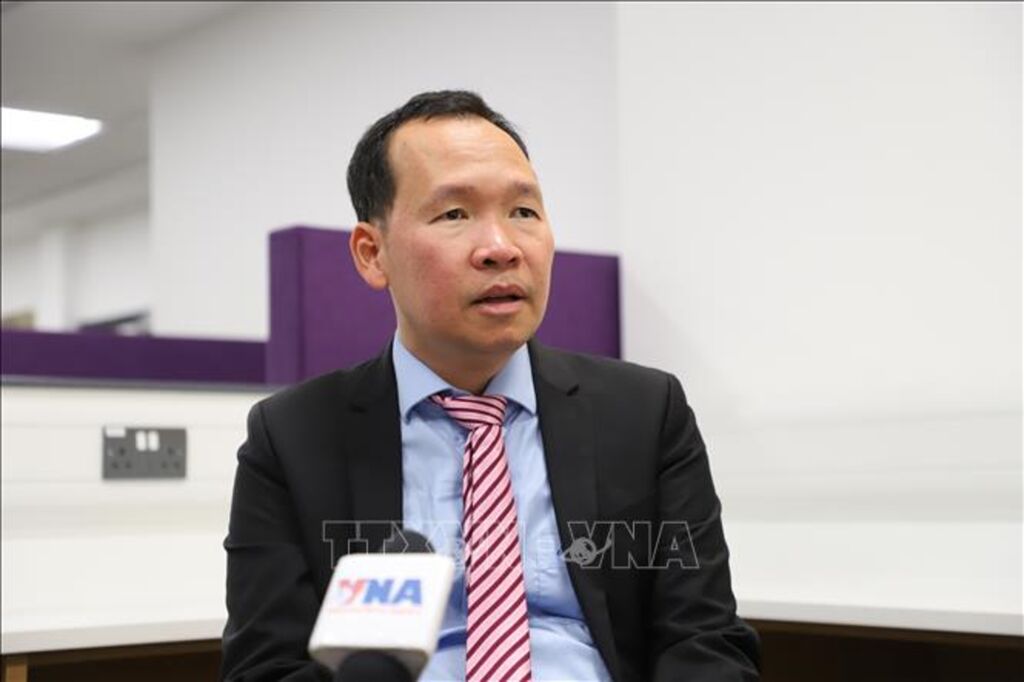 |
| Associate Professor Dr Luong Tuan Anh of the UK's De Montfort University. (Photo: VNA) |
Hanoi (VNA) - The draft documents for the 14th National Party Congress reflect a significant shift in Vietnam’s foreign policy, from a “proactive and positive” approach focused mainly on economic affairs to a more comprehensive strategy encompassing defence, security, and technology, in order to match the country’s historical, cultural, and geopolitical stature, according to Associate Professor Dr Luong Tuan Anh of the UK's De Montfort University.
He cited the ceremonial opening for the signing of the UN Convention against Cybercrime held in Hanoi last month as a clear demonstration of this shift — where Vietnam has evolved from being a participant to becoming a contributor and leader in international issues.
The event, he said, signifies the country’s new standing and growing influence, reflecting its comprehensive progress across both economic and diplomatic fronts.
Regarding the private sector, identified in the draft documents as a key driver of national growth, Luong emphasised its strong potential in terms of resources, dynamism, and efficiency, which help ease the State’s investment burden.
However, he stressed the need for state regulation to ensure social stability, equity, and sustainable prosperity for all.
Commenting on the draft’s target of achieving average GDP growth of 10% annually during 2026–2030 and Vietnam’s ambition to become a high-income developed nation by 2045, Hw considered these goals attainable if the country carries out deep and comprehensive reforms.
He estimated that to sustain such growth, investment should reach 40–45% of GDP, savings over 40%, FDI 6–10%, exports up 15% annually, and labour productivity up 7–9%.
Achieving this, he added, will require decisive measures, including expanding credit for businesses and developing infrastructure for transport, energy, education, and digital connectivity — a key pillar in the age of artificial intelligence.
He further underscored the need for broad and fundamental reforms in line with the vision of an area of the nation’s rise outlined by Party General Secretary To Lam, mobilising all domestic and international resources to modernise infrastructure, unlock growth potential, and seize opportunities arising from global shifts in technology, climate, and geopolitics.
Touching upon the overseas Vietnamese community, Luong highlighted that the country’s six million expatriates represent a valuable source of expertise, talent, and financial capital.
He called for more flexible mechanisms enabling overseas Vietnamese to contribute under diverse conditions, including through policies related to work arrangements, housing, education, and health care.
The expert also proposed expanding successful models of attracting eminent scientists to work in Vietnam. Luong expressed his hope that Vietnam will become an attractive destination for global talent./.
